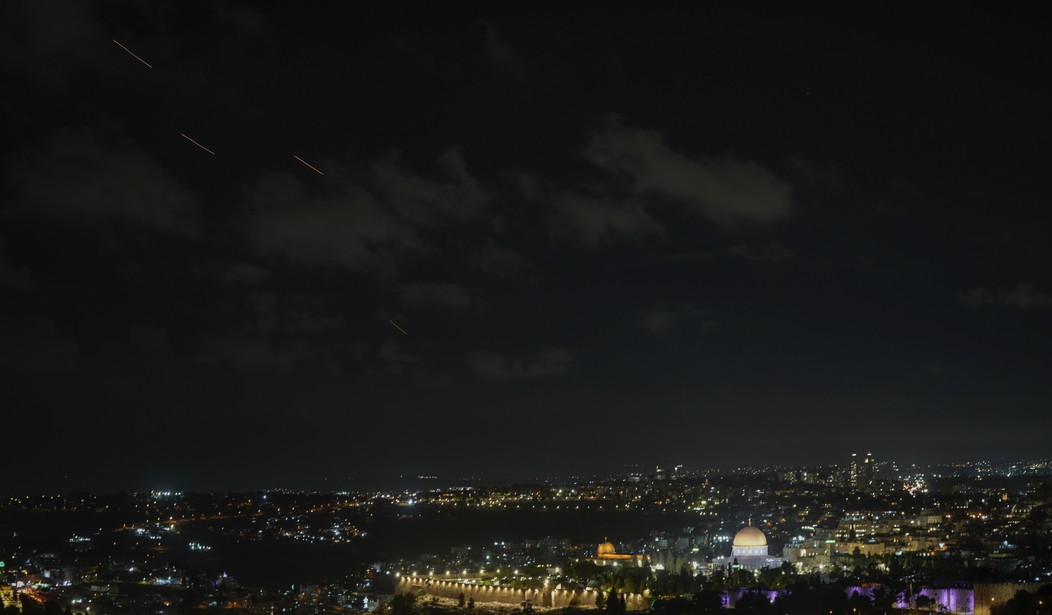
In dealing with a dictatorship, it is prudent to listen to its critics. This is doubly true if that dictatorship is like the ruling theocracy in Iran, the main state sponsor of terrorism in the world. A dictatorship that is rushing to acquire nuclear weapons.
Ethnic Iranian activists from various countries will gather in France on February 8 to mark the 46th anniversary of the revolution that deposed Iran’s repressive monarchy before being co-opted by Islamic theocrats, replacing one form of dictatorship with another. The event, led by the National Council of Resistance of Iran, will be defined by the slogan: “Onward to a democratic republic. No to monarchy; no to theocracy.”
It is also a perfect opportunity for the United States and its allies to alter their policies toward Iran in a way that echoes this endorsement of a long-frustrated democratic dream.
A new policy has been long overdue. After the People’s Mojahedin Organization of Iran (PMOI/MEK), exposed the first key details of Tehran’s clandestine nuclear weapons program in 2002. The Resistance urged for a proper policy to halt that program. Instead, the West resorted to a succession of ineffectual negotiations, which afforded greater legitimacy to the violent regime while allowing it to make headway right out in the open.
Even the 2015 Iran nuclear deal failed to constrain the regime’s nuclear ambitions, much less its broad array of other malign activities. President Trump duly pulled the US out of that agreement in 2018. Still, its three European signatories have continued clinging to it even as Tehran has accelerated its nuclear activity, producing enough 60-percent enriched uranium to fuel several nuclear weapons. Worse still, the regime has accelerated a wide range of malign activities at the same time, threatening global security at every turn and making life continually worse for the Iranian people.
It has faced four nationwide uprisings, with MEK-affiliated Resistance Units playing a growing role. And on the regional level, Tehran’s proxies, namely Hamas and Hezbollah, received devastating blows, which set the stage for a larger fracturing of Iran’s regional “Axis of Resistance” via the ouster of Syrian dictator Bashar al-Assad.
This, in turn, served as a reminder of the often well-hidden vulnerability of dictators in general and no doubt provided fresh inspiration to a network of “Resistance Units” aiming to facilitate a similar overthrow of Supreme Leader Ali Khamenei and the theocratic system upholding his rule.
Indeed, Maryam Rajavi, the President-elect of the National Council of Resistance of Iran (NCRI) said in a speech earlier in January that there has been a “remarkable boost in the fighting spirit among young people and the public’s readiness for future uprisings.” Any such boost in morale is significant, but its present significance is greatly amplified by the fact that it comes at a time when the Islamic Republic is still reeling from the 2022 uprising widely recognized as the greatest challenge to the ruling system in more than four decades.
One can easily imagine how much greater a boost to morale would be enjoyed by the Iranian activist community as a whole if the US and its allies chose this moment to finally adopt new, more assertive policies toward the regime while recognizing the rights of all Iranians to fight back against tyranny and in favor of a system that embodies the collective principles of all Western democracies.
The NCRI has long advocated for such policies, often outlining them in considerable detail. And so, for that matter, have its Western supporters, the ranks of which have grown significantly each year as more and more lawmakers and academics have come to recognize the coalition as a viable alternative to the mullahs with a concrete plan for Iran’s democratic transition. Anyone who cares to pay attention to the Paris rally on February eight will become newly acquainted with the NCRI’s recommendations, as well as its vision for what comes after the mullahs’ regime collapses under the weight of international isolation and domestic resistance.
Suppose the new administration in the US or any of its European allies wish to make themselves known as allies of the Iranian people’s long-frustrated democratic aspirations. In that case, they should first listen to the messages coming from the February 8 rally. Once they have, it should be easy to justify dramatic alteration of existing Western policies, including not only maximal sanctions but also the closure of Iranian embassies and institutions throughout the West and formal recognition that the leaders of the current regime have no political legitimacy to shield them from overthrow or from prosecution for myriad crimes spanning four and a half decades.
https://townhall.com/columnists/kenblackwell/2025/02/02/a-prudent-iran-policy-requires-usa-to-listen-to-voices-of-iranian-people-n2651517

No comments:
Post a Comment